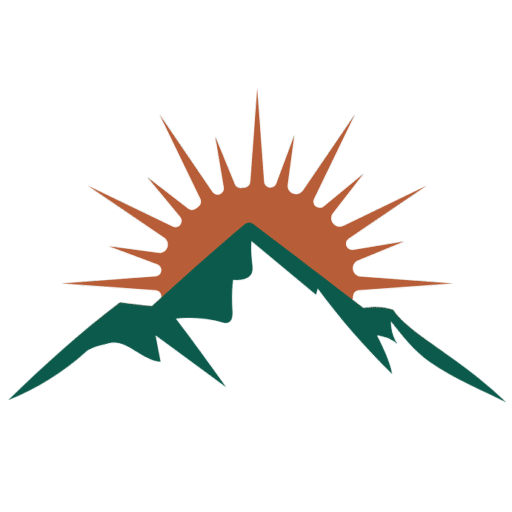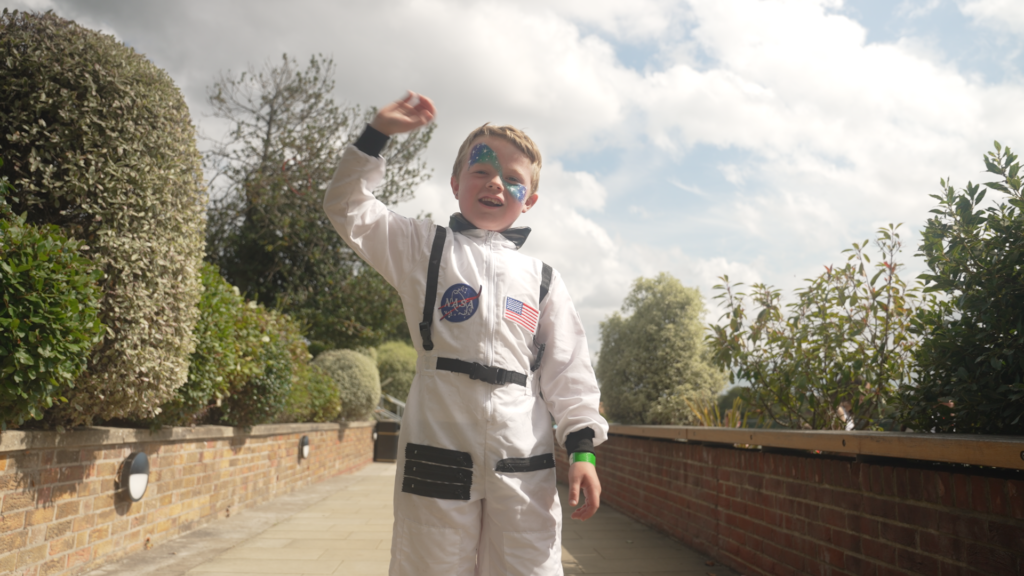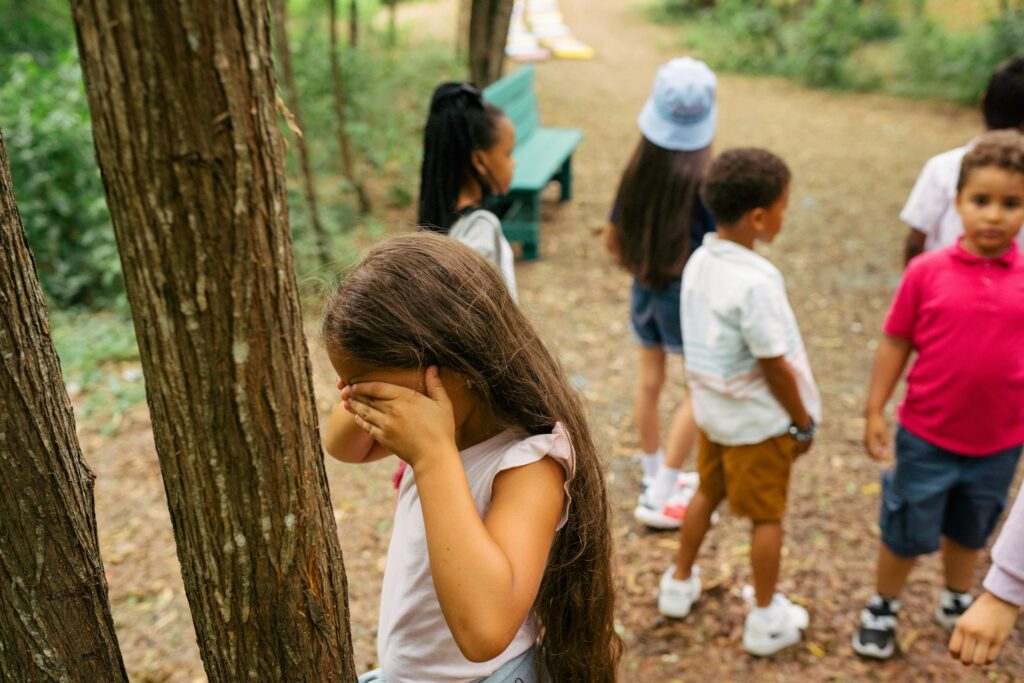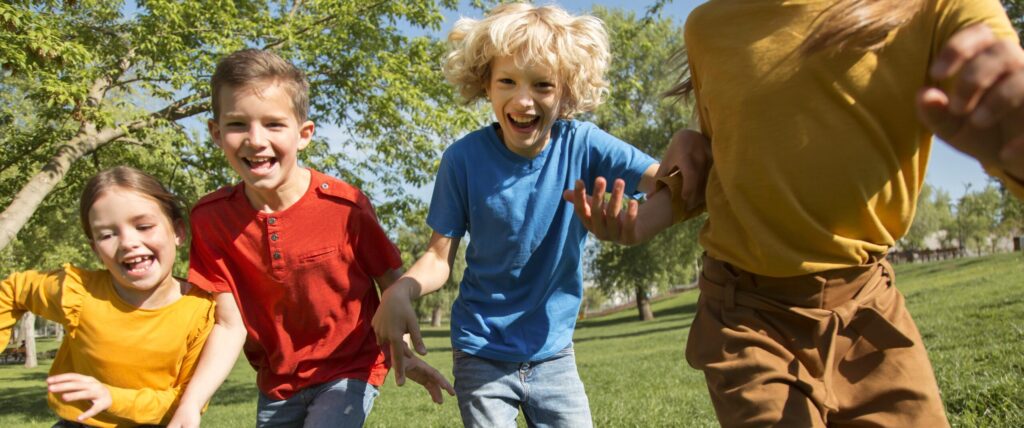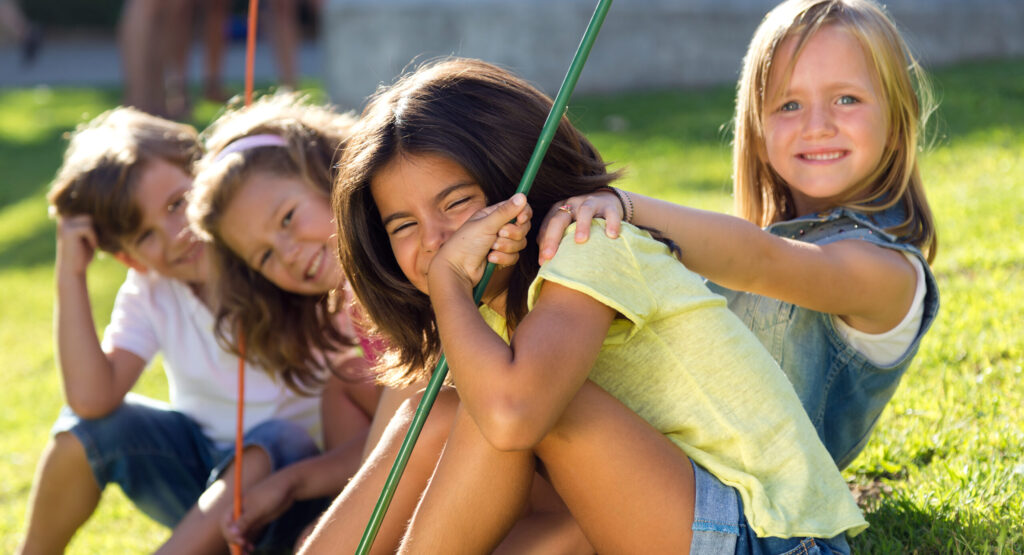Adventure camps have a way of bringing out the best in kids. They’re full of movement, friendships and hands-on activities that feel a lot more exciting than classroom learning. From bushcraft and swimming to exploring the outdoors, camps give children space to grow in confidence and try things they might not do at home. It’s no wonder parents love the idea, but figuring out the right age to start can feel tricky.
There’s no perfect number. Some children jump straight in, others prefer a slower start. Understanding how camps support different ages (and what signs show a child is ready) can make the decision a whole lot easier.
Benefits of Starting Adventure Camps Early
Younger kids are naturally curious, and camp channels that curiosity into active, structured fun. They learn social skills like sharing and cooperating simply by being part of a group, and they pick up confidence through small wins, whether that’s joining a game or trying a new activity.
Starting early gives children more time to build on these moments year after year. Plus, camps introduce experiences they might not get anywhere else: mini-bushcraft sessions, nature games, first time on a climbing wall, or even just toasting marshmallows with new friends.
Recommended Starting Ages
Many kids camps begin around ages five to seven, when kids typically have enough independence and coordination for group activities. But age is just one part of the picture. Ask yourself:
- Can they follow simple routines?
- Are they okay separating from you at school or clubs?
- Do they enjoy trying new things (even with encouragement)?
- Can they manage lunch and toilet needs on their own?
- Do they get along with others in group settings?
If they’re new to structured groups, a day camp is a great warm-up before signing up for longer sessions. And there’s no rush—children get far more out of camp when they feel ready for it.
How Camps Tailor Activities by Age
Good adventure camps adjust activities to suit each age group so every child is challenged at the right level.
Younger children may do:
- Nature walks
- Bug or animal spotting
- Craft sessions
- Simple group games
- Small treasure hunts or mini obstacle courses
These sessions focus on fun, creativity and gentle teamwork with plenty of support.
Older kids may try:
- Sports
- Climbing challenges or archery tag
- Fire lighting and bushcraft basics
- Orienteering and team problem-solving
Older groups get more independence while still being safely supervised by trained instructors.
Choosing the Right Camp in Leeds, Yarm and York
Families in Leeds, Yarm and York have lots of great options. To narrow it down, look for:
- Minimum and maximum ages for each group
- How children are grouped
- Activities that match your child’s interests and ability
- Strong adult-to-child ratios
- A balanced daily schedule with breaks
- Wet-weather or indoor backup plans
Location matters too, camps near parks or green spaces often offer more room to explore, while those closer to home can be more comforting for first-timers. Don’t hesitate to ask how they welcome new campers and what the first day looks like.
Little Steps That Lead to Big Growth
Starting adventure camps at the right age isn’t about hitting a milestone, it’s about noticing when your child is ready to explore something new with excitement. Camps help children build confidence, make friends and discover what they’re capable of, one small challenge at a time.
For families in Leeds, Yarm and York, our adventure camps for ages 3–15 (site dependent) offer age-appropriate activities, supportive staff and plenty of fresh-air fun. When your child is ready, there’s a whole world of adventure waiting for them.
